Introduction
The healthcare industry is on the cusp of a revolutionary shift, propelled by rapid advancements in artificial intelligence (AI). With the advent of large language models (LLMs), we are transitioning from merely anticipating inevitable changes to actively shaping a new era of proactive healthcare.
This white paper outlines our vision for leveraging AI to transform healthcare access, experience, and outcomes at this critical inflection point.
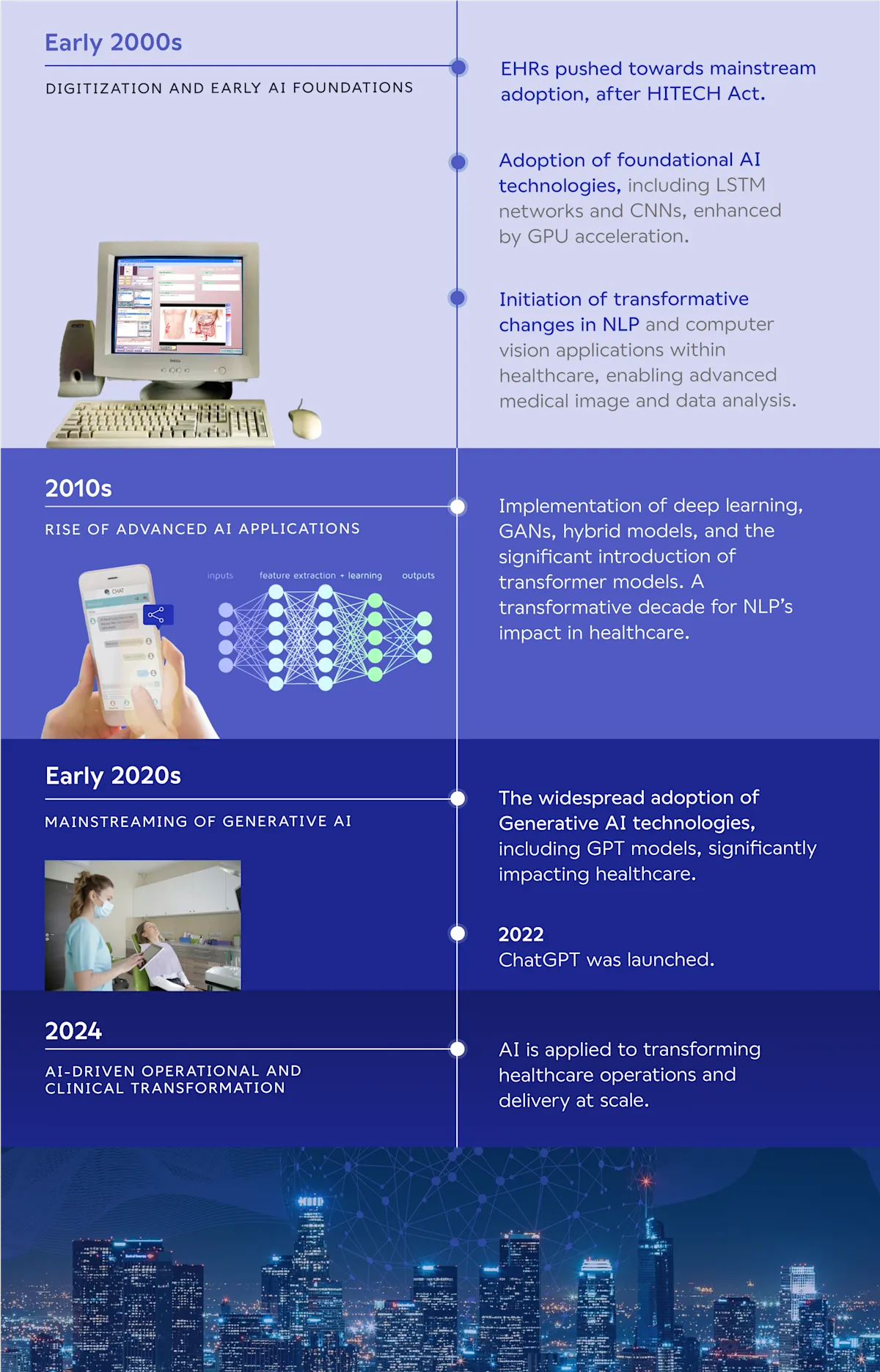
Our Mission and Market-Driven Vision
Our goal is to address intractable challenges and seize major opportunities by collaborating with health systems to co-create cutting-edge technology companies. Our approach combines Aegis’ company creation model with the unique assets of health systems to unlock value, revolutionizing both the health of communities and the economics of care delivery at scale.
At Aegis, we are committed to meeting the moment of healthcare transformation. Our vision is shaped by a commitment to addressing real-world healthcare challenges.
Through ongoing engagement with industry leaders and frontline professionals, we prioritize deep listening and responsive innovation to focus on the most pressing needs. We actively engage with the Aegis Digital Consortium, a network of leading health system co-investors and distribution partners—in addition to the broader healthcare ecosystem—ensuring we pursue meaningful opportunities that address healthcare’s greatest needs.
Strategic Theses for AI-Driven Healthcare Transformation Guiding Our Venture Creation
Our venture creation strategy is grounded in five initial theses, informed by dialogue with our Digital Consortium partners and insights from the broader healthcare community. We have co-created several companies in these areas and are actively building a pipeline of future ventures.
These theses focus our efforts to build companies that not only respond to today’s challenges but also anticipate the opportunities of tomorrow.
While our approach is data-driven, we remain flexible, recognizing the dynamic nature of healthcare. As new information and trends emerge, we adapt our strategies to ensure our ventures remain aligned with the shifting needs and long-term goals of healthcare systems, making them effective, relevant and sustainable.
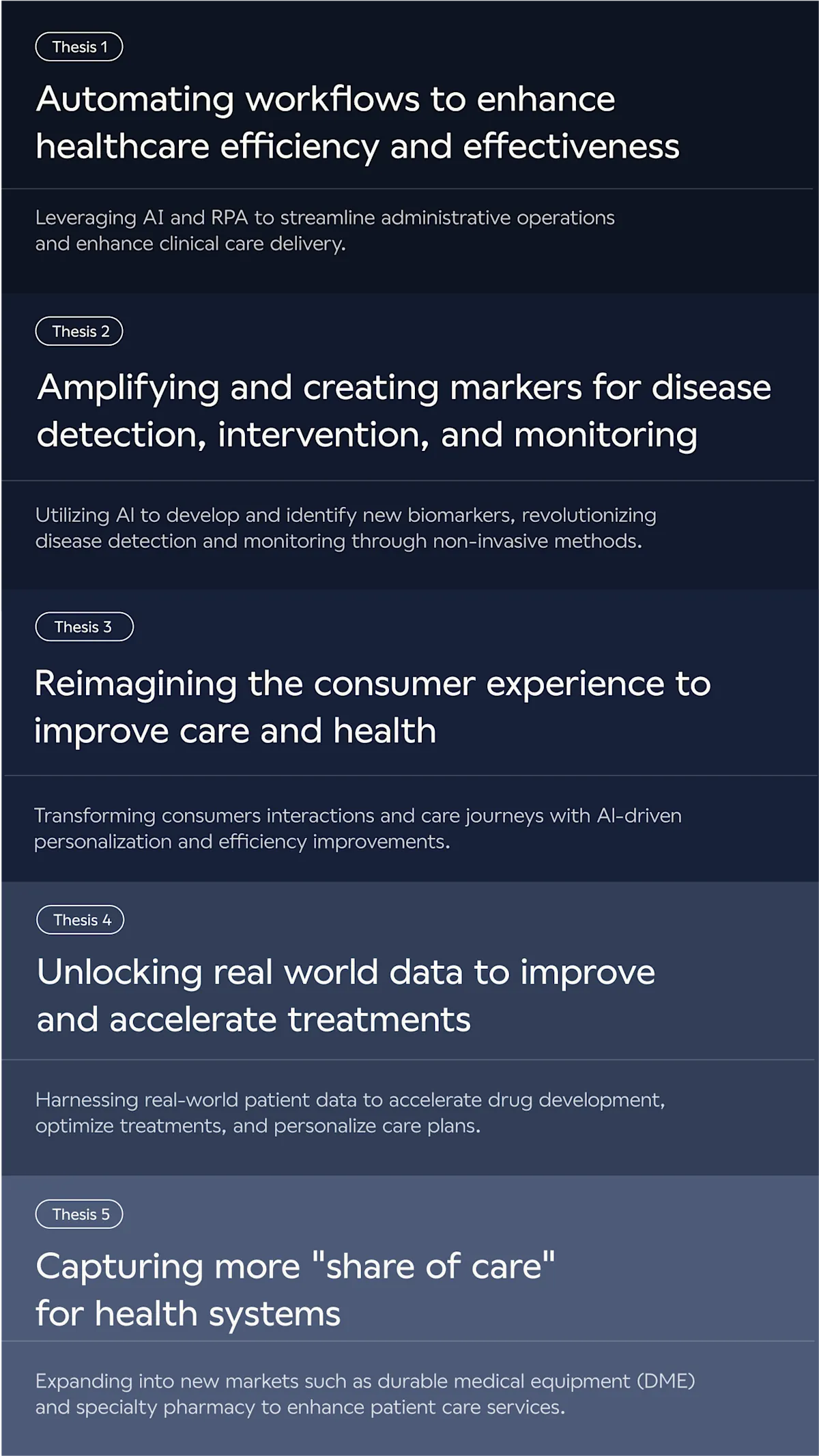
Thesis 1: Automating Workflows to Enhance Healthcare Efficiency and Effectiveness

Opportunity
Healthcare is at a pivotal moment where AI has moved beyond traditional automation into a future where AI agents manage complex, context-sensitive workflows. AI bridges the gap between static task automation and dynamic workflow management, demonstrating an adaptability once thought to be uniquely human.
These AI agents process both structured and unstructured data, seamlessly integrating with legacy healthcare IT systems. They excel in critical areas like prior authorization and scheduling where constant changes demand flexibility.
These intelligent systems expand the capabilities of foundation models by incorporating advanced memory and analytics, enabling them to navigate complex processes across departments. Unlike traditional software that requires administrators and clinicians to learn and manage, AI agents deliver services directly to health systems, handling tasks autonomously.
For example, in a call center setting, AI agents can fully manage patient inquiries, such as appointment scheduling and prescription refills. Instead of requiring staff to learn a new interface, AI agents interact with patients directly, pull data from the electronic health record (EHR), and perform tasks like booking appointments and initiating follow-up calls—all without manual intervention.
This paradigm shift from software-as-a-service to services-as-software promises to significantly reduce administrative burden, allowing healthcare staff to focus more on patient care by offloading operational complexities to AI.
AI-driven automation at this inflection point does not merely streamline existing processes—it redefines them,
offering a leap forward in healthcare efficiency and effectiveness that helps meet the evolving demands of modern care delivery.
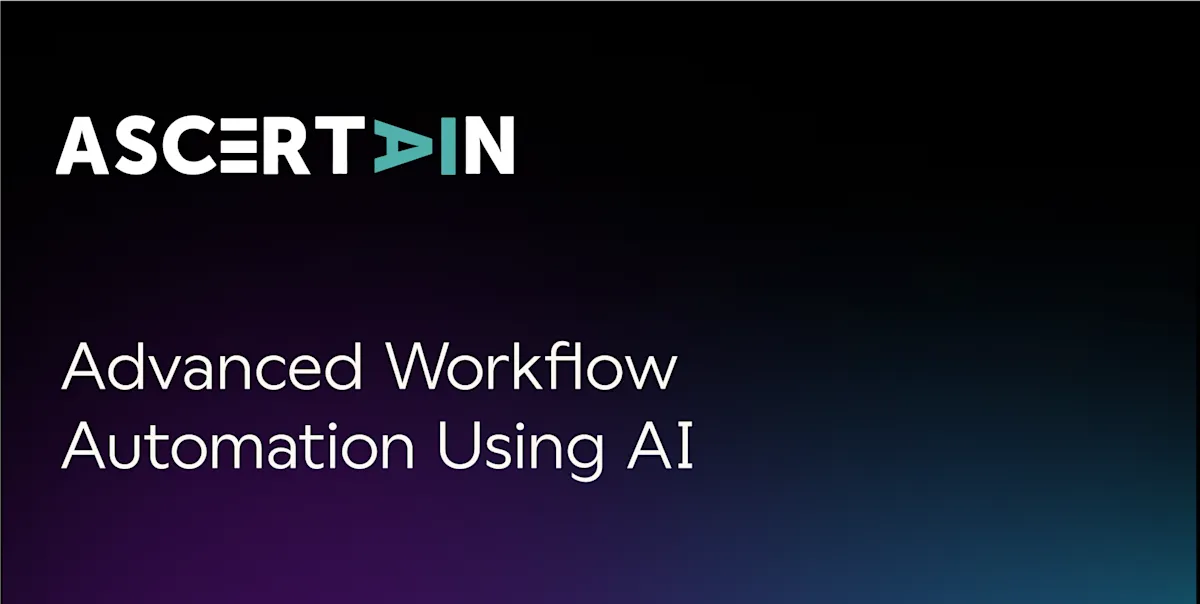
Ascertain exemplifies the transformative impact of AI in automating healthcare workflows. With AI-powered agents that understand context and adapt to new challenges, Ascertain revolutionizes critical processes such as prior authorization, claims processing, and patient discharge.
Partnering with health systems, Ascertain uses intelligent automation to improve care transitions and significantly increase hospital throughput. By automating the prior authorization process, Ascertain reduces processing times and minimizes denials by accurately interpreting complex payer rules and streamlining administrative tasks. This efficiency not only optimizes back-end operations but also ensures patients receive timely care without delays or bureaucratic hurdles.
Additionally, Ascertain’s platform demonstrates how AI solutions can scale across various healthcare workflows. By deploying AI agents to manage routine tasks, the platform allows healthcare staff to shift from performing administrative duties to overseeing AI systems. This transition enhances operational efficiency and empowers providers to focus more on patient care, marking a major step toward more effective and streamlined healthcare delivery.
Thesis 2: Amplifying and Creating Markers for Disease Detection, Intervention, and Monitoring
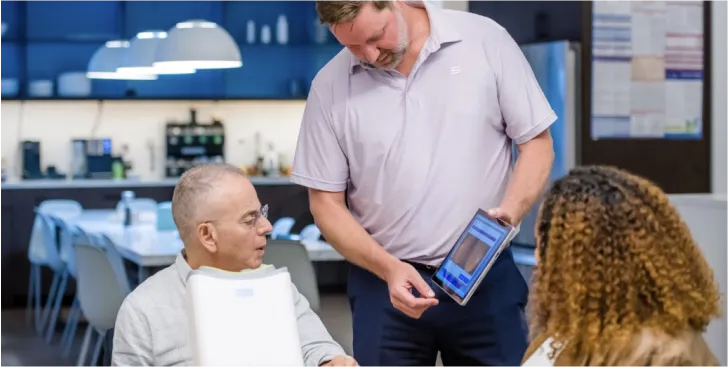
Opportunity
The integration of artificial intelligence (AI) into vital signs monitoring marks a significant breakthrough in healthcare diagnostics. Traditional methods for detecting and tracking diseases are often limited by invasive procedures, static data, and the constraints of human interpretation.
AI revolutionizes this by employing dynamic, non-invasive techniques that analyze a wide range of biomarkers—from retinal images to vocal patterns and facial expressions. This not only improves accuracy and early detection but also greatly expands access to care.
With AI, healthcare providers can now detect subtle changes in disease markers, predict disease progression, and identify predispositions to health conditions that were previously undetectable. These advancements are crucial for early intervention, which improves patient outcomes and reduces healthcare costs. By making advanced diagnostics more accessible, AI decreases dependence on specialized medical centers, bringing high-quality care to a broader range of care settings.
This transformation is driven by advances in machine learning, image analysis, and sensor technology, enabling AI systems to provide real-time, accurate health assessments. These capabilities are essential for managing chronic conditions and preventing acute health crises. As AI systems evolve, their ability to integrate and analyze data from diverse sources will lead to more precise, accessible, and proactive healthcare diagnostics, aligning with the industry's shift toward personalized patient management.
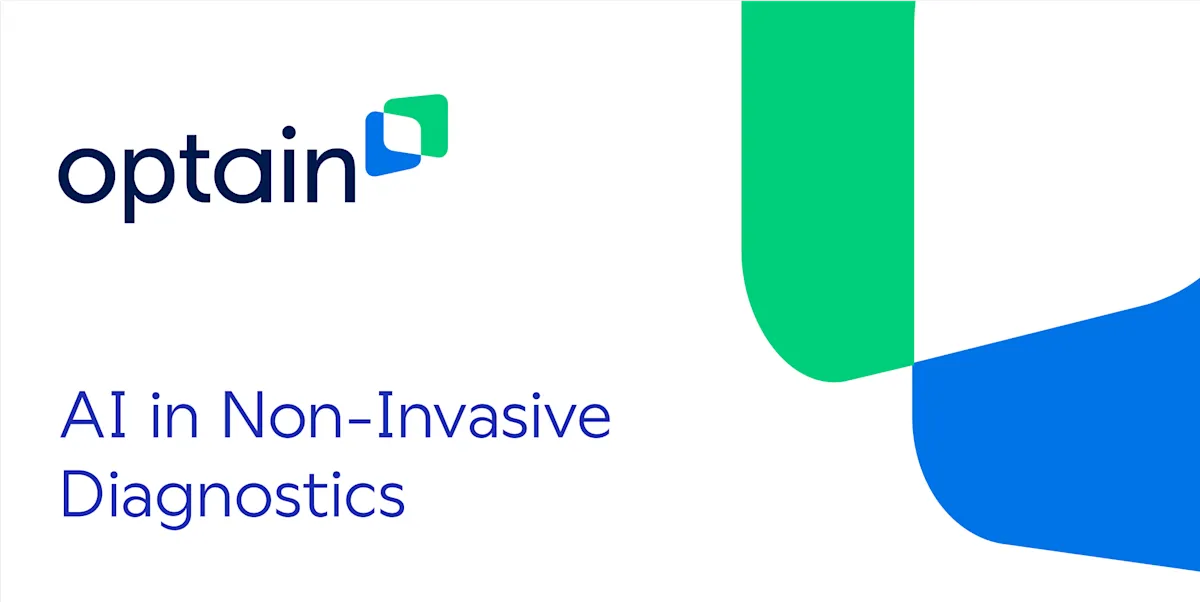
Optain demonstrates the transformative potential of AI in healthcare diagnostics by combining AI with retinal imaging to detect diseases of the eye, heart, and other systemic conditions. This technology enables clinicians to identify potential health issues early, greatly improving treatment outcomes.
By incorporating AI, the diagnostic process becomes faster and more accurate, reducing the risk of misdiagnosis and missed critical indicators. Optain offers real-time, comprehensive risk assessments for conditions such as cardiovascular and neurological diseases, setting new standards for diagnostics.
Optain is leading the integration of oculomics—the study of the connection between the eyes and systemic health—into routine clinical practice. From Australia to Europe and the Middle East (and soon in the U.S.) patients receive eye scans alongside traditional vital sign checks, such as blood pressure and temperature. Optain aims to make AI-enhanced eye exams a standard part of primary care, positioning the technology as an essential tool in healthcare diagnostics.
Thesis 3: Reimagining the Consumer Experience to Improve Care and Health

Opportunity
Integrating AI into healthcare settings has potential to dramatically enhance the patient experience from the initial point of contact through the entire care continuum. Currently, health systems grapple with challenges like lengthy wait times, convoluted administrative processes, and generic approaches to patient communication and treatment. AI promises to streamline these aspects by automating many routine tasks, thereby aligning care delivery with individual patient needs.
Beyond task automation, AI can serve as a 24/7 companion, not only supporting patients through stressful and uncertain healthcare journeys but also enhancing operational efficiencies within health systems. This can bring high-touch concierge care, historically only available to the wealthy, to a much broader population. With advancements in emotional intelligence, AI is capable of understanding and empathizing with patients, engaging with them at their point of need in a remarkably human-like manner. This extends to automating routine processes like check-ins, resulting in reduced wait times and optimized patient flow.
During consultations, AI can aid healthcare professionals by analyzing vast amounts of patient data, which supports faster, more accurate diagnoses and the creation of personalized care plans. Additionally, AI-driven education tools can transform complex medical information into interactive, tailored content that empowers patients, giving them greater agency in their health and care.
Looking ahead, we expect AI applications to become even more empathetic to better meet consumer wants and needs. They will likely utilize more sophisticated predictive models, further personalizing and improving interactions at every patient touchpoint.
.png)
Caregentic has redefined patient care pathways by integrating AI agents to digitize health system care journeys. Much of a patient’s care journey occurs outside the walls of a hospital, and by not meeting patients where they are, health systems incur greater administrative cost and lose patients to more consumer-friendly alternatives.
Caregentic's multi-agent AI infrastructure automates essential tasks such as scheduling, assessments, and reminders, while also providing real-time education to patients. This not only engages patients continuously throughout their care journey but also alleviates the operational burden on clinicians and administrators, reducing the number of emails, phone calls, and other manual actions needed to fill in the gaps.
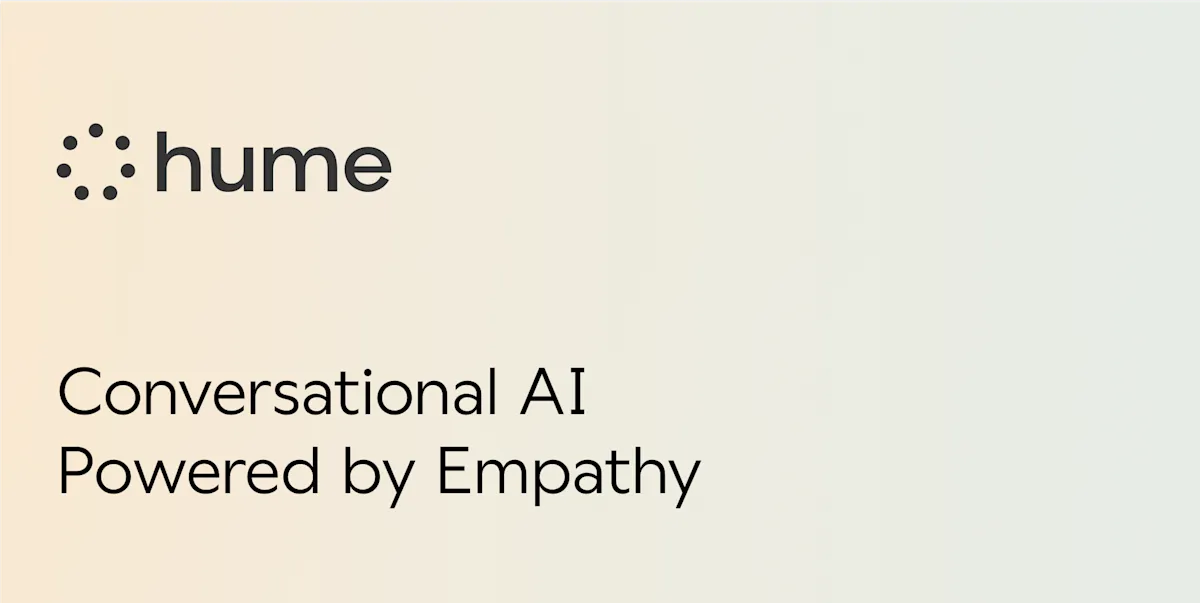
Hume AI showcases how empathic AI can transform healthcare interactions by bridging communication gaps between patients and healthcare systems. Using semantic space theory and advanced algorithms to analyze vocal and facial expressions, the technology enables interactions that are both intellectually and emotionally informed. For example, when patients engage with an automated call center, empathic AI helps them feel understood and valued, improving their overall experience.
In alignment with ethical AI practices, Hume AI has also developed guidelines based on the principles of beneficence, non-maleficence, and transparency. These guidelines promote the responsible use of AI to benefit patients, while protecting against potential risks like privacy breaches or emotional manipulation, ensuring trust and integrity in patient interactions are preserved.
Thesis 4: Unlocking Real World Data to Improve and Accelerate Treatments

Opportunity
The shift toward using real-world evidence (RWE) is poised to transform the way medical treatments are developed, tested, and delivered. Traditional clinical trials are often slow and limited, failing to represent diverse patient populations and potentially leading to ineffective or even harmful care for specific groups. RWE, drawn from comprehensive data types such as EHR, imaging, genomics, and patient-reported outcomes, offers a more dynamic and inclusive approach.
By analyzing treatment safety and effectiveness in real-world settings, RWE complements and overcomes the limitations of controlled trials. The integration of RWE promises to accelerate drug development and regulatory approval processes, helping to get effective therapeutics to patients more quickly. Healthcare providers will also be able to use data-driven insights from patients with similar conditions and backgrounds to personalize care, reducing trial-and-error treatment methods.
Thesis 5: Capturing More "Share of Care" for Health Systems

Opportunity
As care increasingly moves beyond the four walls of the hospital, health systems can expand their "share of care" by offering a broader range of services directly to patients. This shift not only improves the patient experience but also helps health systems differentiate themselves from competitors and capture more value.
By integrating services such as genomic testing, durable medical equipment, home health, and pharmacy into care delivery, health systems can extend their reach beyond traditional settings. Leveraging AI to enhance patient interactions, streamline workflows, and improve analytics allows these services to be delivered more efficiently outside acute care environments. This approach meets the rising demand for personalized, accessible, and continuous care, improving care coordination and strengthening patient relationships while creating diversified, high-margin revenue streams.
It also facilitates collection of data and insights across the care continuum, enabling more predictive and preventive interventions. In doing so, health systems can transition from episodic care providers to comprehensive health partners for their patients.
Our Approach to Company Creation
At Aegis Ventures, our approach to building companies is both strategic and adaptable, shaped by ongoing collaboration with health systems. While we are thesis-driven in what we create, we are flexible in how we create new ventures, ensuring artificial constraints don’t limit our potential to innovate.
When we identify an opportunity, we aim to develop a purpose-built solution tailored to address a specific problem.
This can involve launching de novo ventures or partnering with leading researchers to productize and commercialize their discoveries. We also create value by transforming existing assets, whether through tech-enabling spinouts from health systems or acquiring companies with unique assets we can together leverage into game-changing new ventures.
This dynamic approach allows us to rapidly scale solutions that not only meet current healthcare needs but anticipate future ones, ensuring each venture is positioned for success and lasting impact.
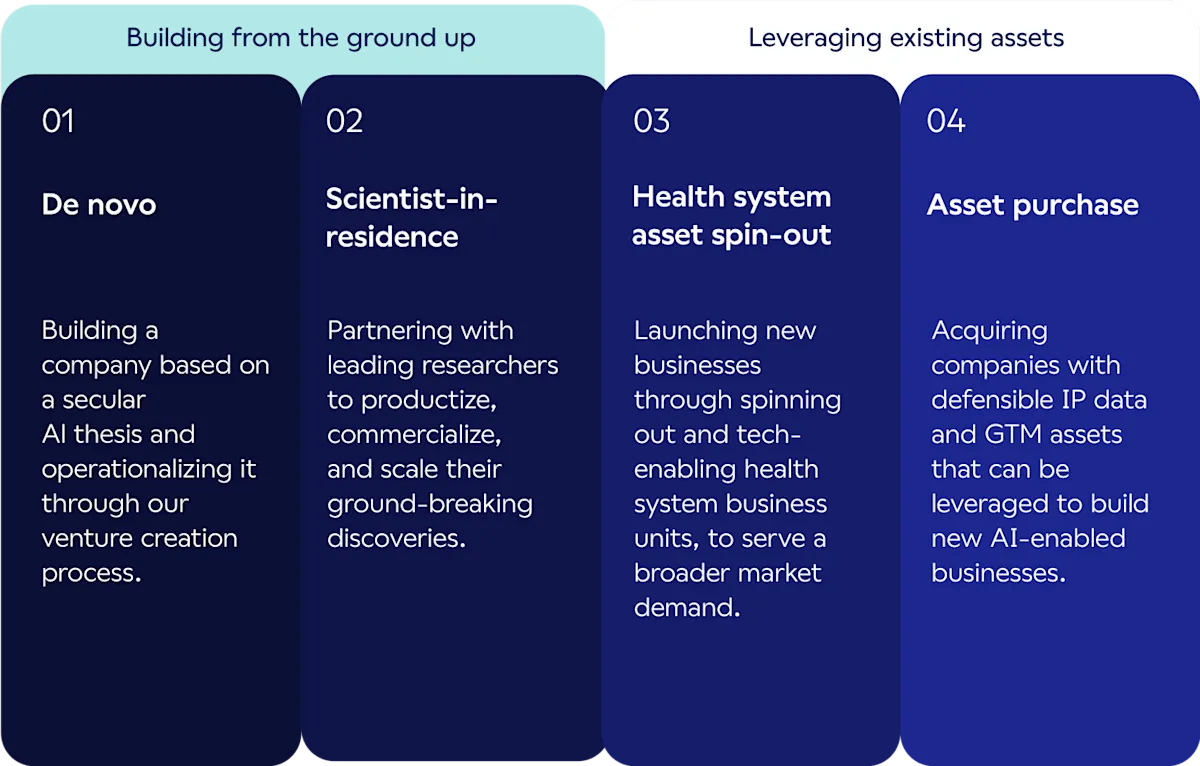
Conclusion
Aegis Ventures is proud to be at the vanguard of helping health systems reimagine how care can be delivered using artificial intelligence. This white paper outlines our initial theses on how to harness AI to advance healthcare delivery in this critical industry inflection point. As healthcare moves towards more personalized and patient-centered delivery models, we remain committed to building solutions that improve access, experience, and outcomes.
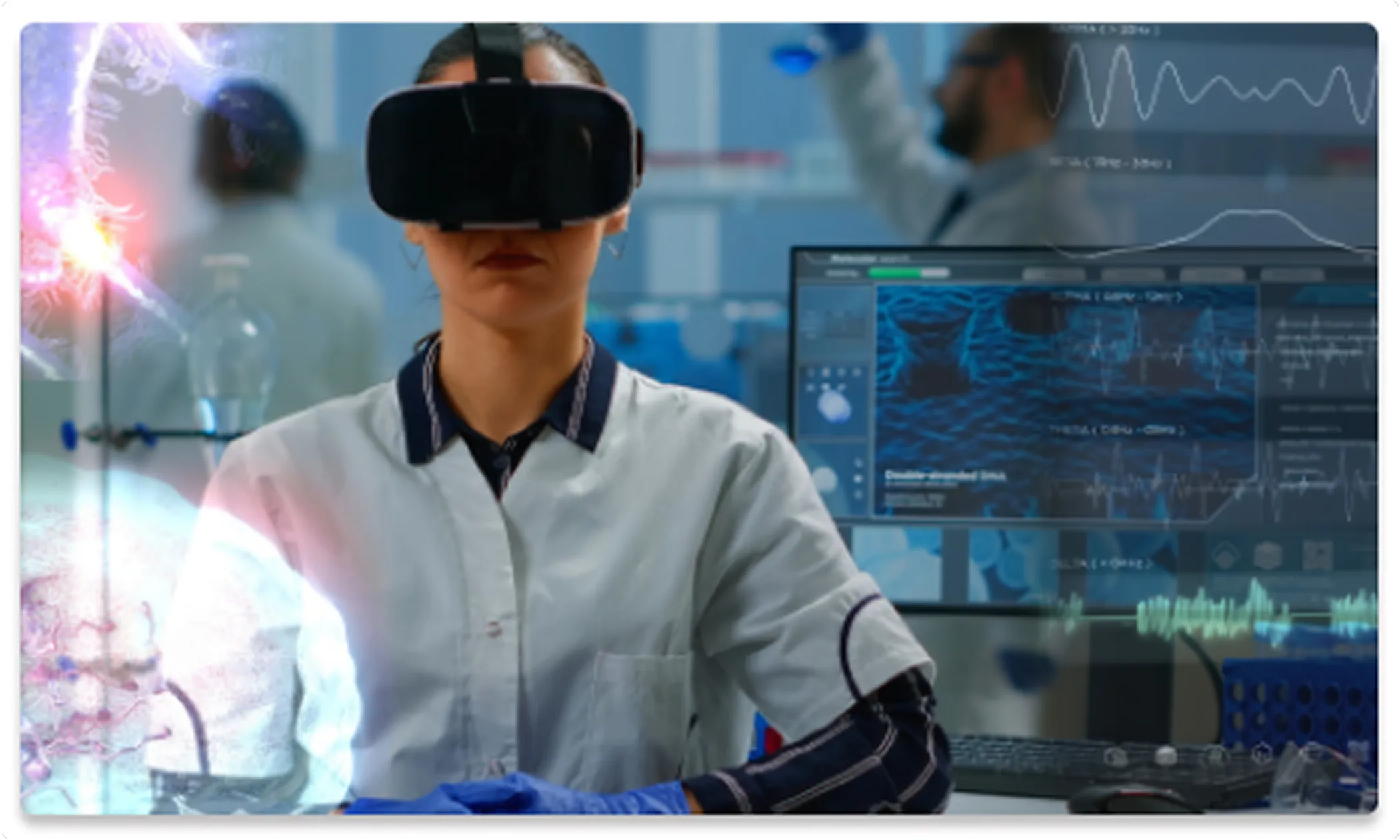
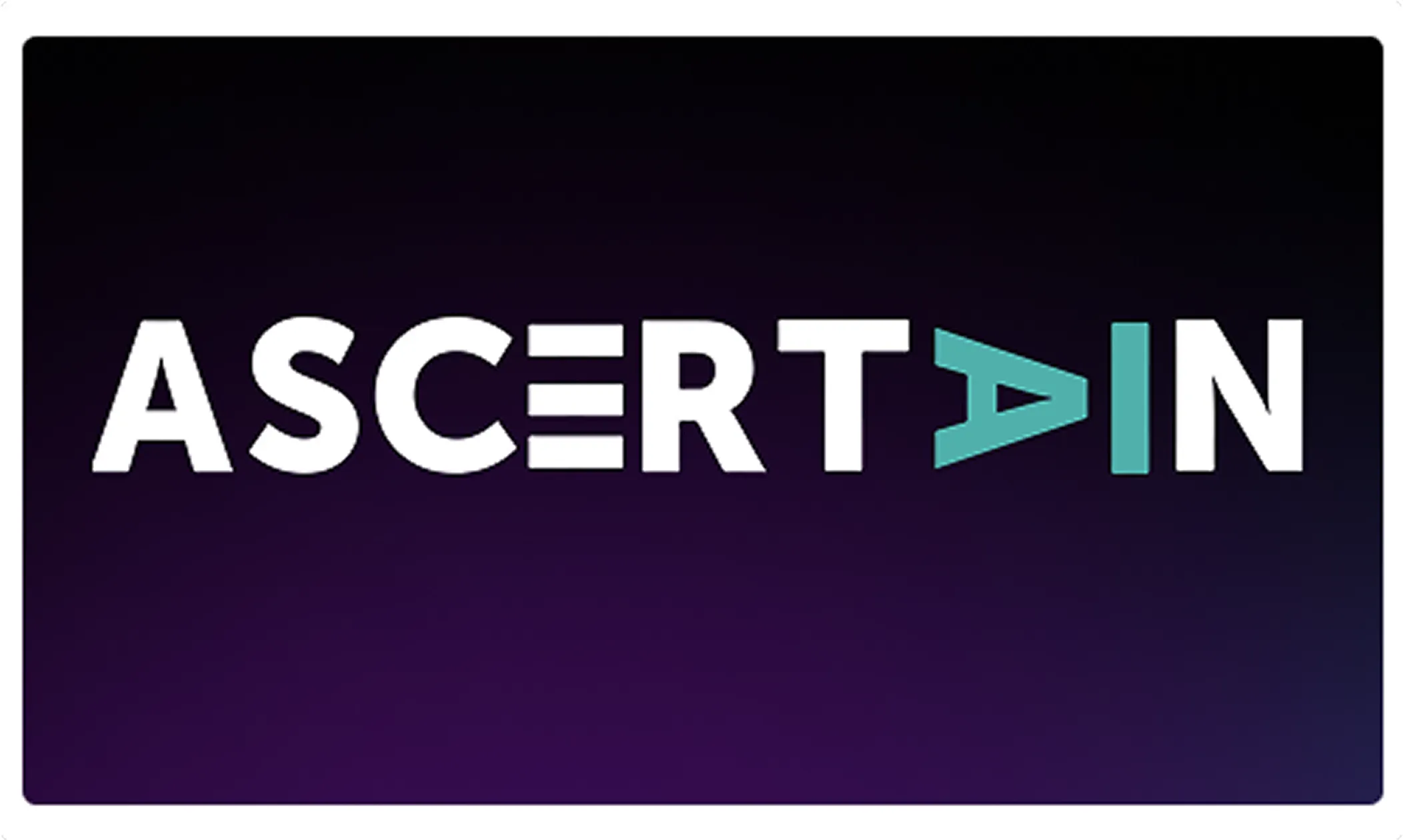
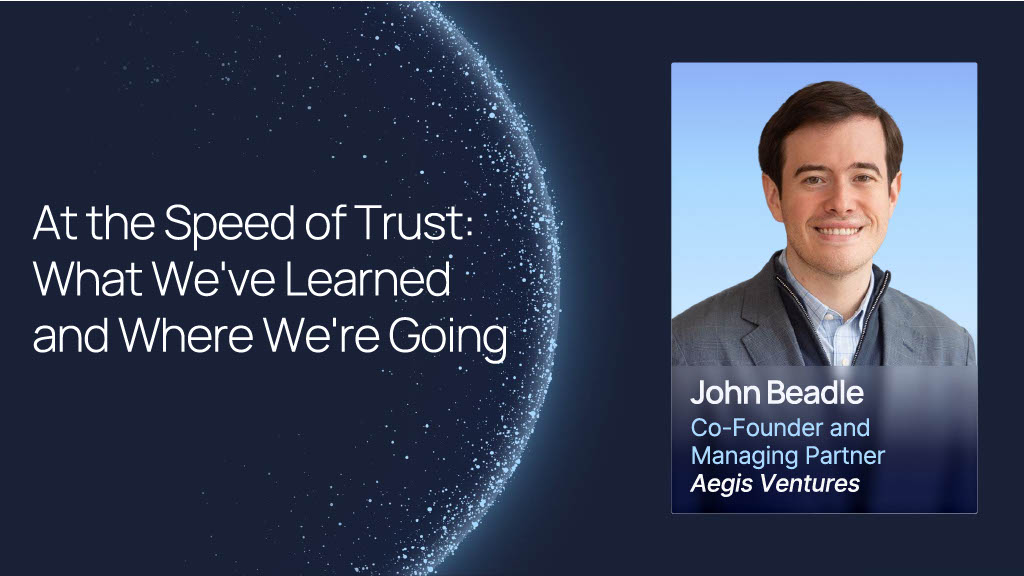
-9_page-0001.jpg)